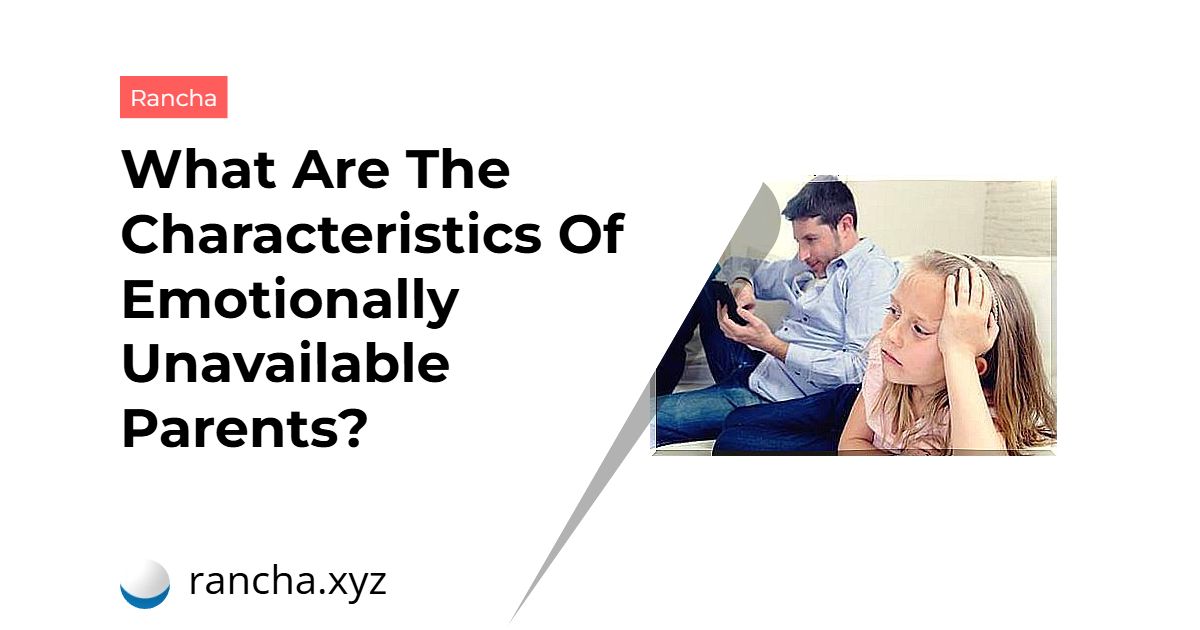Emotionally unavailable mothers and fathers mark child development. Affective neglect is not easy for a child’s mind to process; after all, she doesn’t understand why her parents aren’t meeting her needs. So much so that the experience of loneliness and helplessness is often added to the feeling of guilt.
As surprising as it may seem, there are many adults who go to a psychologist’s office showing discomfort without knowing its origin. They talk about their feeling of emptiness, their inability to build stable and happy relationships. They also comment on how difficult it is for them to control their emotions, anger, frustration and their bad mood…
When we delve a little deeper into their personal realities, we see that in most of these patients there are no obvious traumas. Nor is it any disorder or psychological condition that we can diagnose. So what happens? What exists in many cases is an emotional emptiness, the mark of an emotional abandonment caused by parents who did not meet (or did not know how to meet) these childhood needs of their children.
Often, in the field of psychology, we forget this very important dimension. In a way, we focus more on more difficult events, such as physical or emotional abuse. However, something as basic as parents not being emotionally accessible creates deep wounds.

Emotionally unavailable parents: indifference in upbringing
There are parents present, but they are absent. There are cold mothers. There are families that are neglectful of emotional issues, of the ability to build a secure and healthy attachment relationship with their children. All these dynamics define small universes capable of marking a person’s destiny.
Furthermore, Alice Miller, a renowned child abuse psychoanalyst, left us words for reflection. We have no idea what our world would be like if all children were lucky enough to grow up in a family environment based on affection, on absolute appreciation, where humiliation did not exist and all needs were met.
Would that create a much better and more respectful world? Possibly. What is clear is that not everyone is unscathed from parental neglect. Sometimes, it doesn’t even take physical abuse for the suffering to be carried inside like a scar on the skin. Factors such as abandonment, authoritarian parenting or emotionally unavailable parenting have obvious consequences for the child’s psychological development.
But what are these emotionally unavailable parents really like? These would be the basic characteristics that would define them.
emotional instability
A common trait in this type of parent is emotional instability. In many cases, more than coldness or rejection, what the child faces is uncertainty. Sometimes these fathers and mothers are affectionate and cordial, but after a while their mood changes and they may show rejection and inaccessibility.
Something like this causes the child a high degree of suffering and anxiety.
Low stress tolerance
This maternity or paternity profile characterized by emotional inaccessibility is defined by low stress tolerance. Something like this implies that any task with the children exhausts them. Investing time, effort, and attention in raising your children is an effort they don’t always manage. They don’t have patience, don’t see needs and tend to look for strategies so that their children can bother them as little as possible.
Poor limits
Emotionally unavailable parents often act more like acquaintances or friends of their children than like parents. They give form to a light education where normally there are no clear limits, where they are never that firm support, that reference figure able to guide, to establish rules so that the child knows what to expect at all times, knowing what to expect her.

narcissistic personality
Constant selfishness, not seeing more needs than their own, superficiality, falsehood, making promises they don’t keep, praising and instantly projecting their own frustration or apathy onto their children. .. All these behaviors undoubtedly define a narcissistic personality that wreaks havoc on the children’s psychological development.
The Impact of Emotionally Neglected Upbringing
The consequences of raising emotionally unavailable parents are often diverse within the same trauma space. Thus, it is common for there to be some difficulty in building happy affective relationships, self-esteem is greatly impaired and problems with identity, emotional management and a clear lack of purpose are evident.
The most impressive thing is that many of these adults lose confidence in human beings. They lack the hope, optimism and security to relate, to feel worthy and able to build a happy life.
Now, of course, not all people experience this reality in the same way. There are people who have a more resilient approach and are able to face their life to rebuild it. In any case, there is an idea that we must consider: what we experience in childhood should not determine the quality of our present. We can and must rebuild.

Validating ourselves as people, meeting our needs, putting new projects on the horizon and clarifying our life purposes can help us in these cases. In any case, there is always the possibility of requesting professional help to overcome these harsh realities with better resources, with better approaches. It’s a complex journey, but sometimes it’s also necessary to reach new and bright destinations.
 rancha.xyz Be free to choose their own route to self-knowledge, health and balance of body and soul.
rancha.xyz Be free to choose their own route to self-knowledge, health and balance of body and soul.




